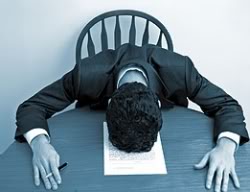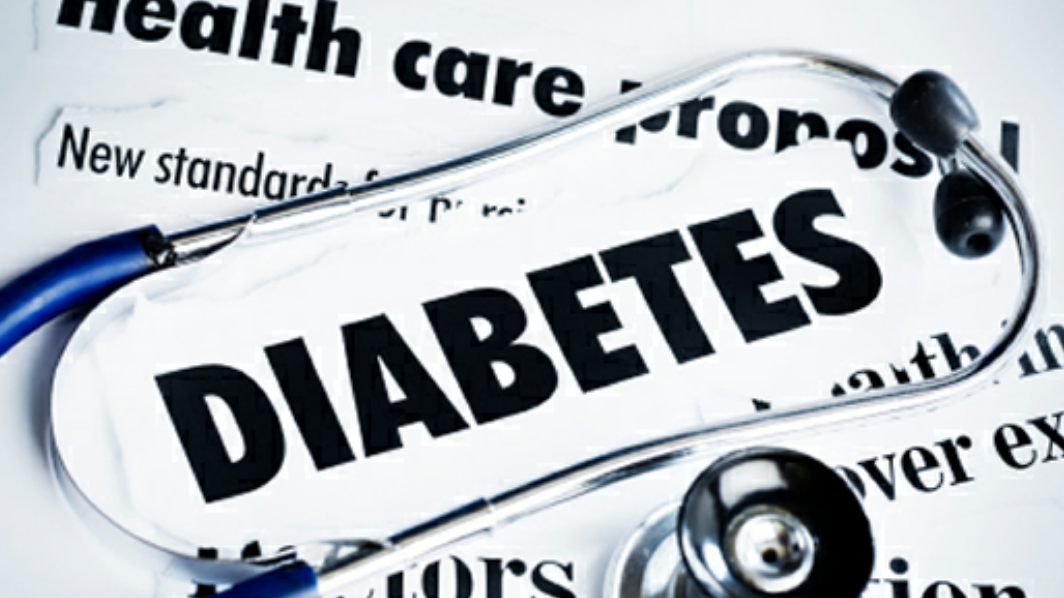The severe neurological disorder, Narcolepsy, disrupts the life of the person suffering from it. The person suffering from this disease feels exhausted and suddenly sleepy during the day. A person may be at work, at the grocery, or even at home, the sleep attack may occur at any time in the day.
For any person, typical sleep cycles start with early stages of sleep, then by deeper sleep, followed by REM sleep. Whereas for narcolepsy patients, REM occurs immediately as soon as they fall asleep, be it in the day or night. Narcolepsy mostly becomes apparent in people in the ages between 15 and 25. Most of the times, narcolepsy remains undiagnosed and thus, stays untreated.
What are the causes of Narcolepsy?
Till date, the cause of the disorder has not been known. But scientists are working towards finding genes connected to the disorder. Additionally, it has been discovered by researchers that the abnormalities in different parts of the brain involved in REM sleep contributes to symptom development.
The symptoms of Narcolepsy: 
Excessive daytime sleepiness: In most cases EDS is the first symptom that shows. Thus, the patient has to try very hard to stay awake in the day. If the patient tries to overcome the sleep, it is quite possible the sleep would take over involuntarily. But after waking up, the patient feels refreshed and is able to work efficiently. EDS disrupts the daily activities of a person. The sufferers usually complain of lack of energy, mental cloudiness, depressed mood, memory lapses and extreme exhaustion.
Cataplexy: This symptom is caused by strong emotions such as anger, fear, or laughter. The symptom causes the muscles of the patient to weaken that lead to a feeling of fatigue. Cataplexy will attack severely when the patient is tired and can cause anxiety. During the attack, the speech gets slurred, inability to focus or total body collapse depending on the muscles involved.
Hallucinations: People suffering from this symptom have frightening and vivid experiences, in the transition period of sleep and wakefulness. The hallucination is visual, but other senses can get involved too. These are known as hypnagogic hallucinations, when accompanied by sleep onset. Hypnopompic hallucinations occur when the patient is awake.
Sleep paralysis: This symptom shows that your body does not move normally through the stages of sleep. This is also linked to deep underlying psychiatric problems. This symptom causes the patient to lose the ability to move or speak temporarily while falling asleep. This symptom shows up for a brief time. It lasts for a few seconds to several minutes. People quickly recover their ability to move and speak after the episode ends.
How to diagnose Narcolepsy?
The patient must conduct a physical exam and also get their medical history to receive a proper diagnosis of Narcolepsy. Though none of the systems is of narcolepsy alone, specialized tests are essential before a diagnosis gets done. The two tests that confirm Narcolepsy are the PSG and the MSLT.
PSG is a test conducted overnight while the patient is asleep. The test records the abnormalities in the sleep cycle. The test can predict if the REM sleep happens at odd timings in the patient’s sleep cycles. The possibility is that the patients symptoms come from another condition.
MSLT is conducted during the day to measure the patients tendency to fall asleep and also to check if the elements of REM sleep occur at odd timings of the day. The patient is asked to take a few short naps two hours apart.
Related article: Heart Attack – Know the risk
How can Narcolepsy be treated?
Even without a cure for Narcolepsy, the symptoms can be controlled. The disabling symptoms of Narcolepsy such as abnormal REM sleep and cataplexy get brought under control with drug treatment. The sleepiness in a patient gets treated with amphetamine-like stimulants. Whereas, the symptoms of REM sleep are treated with antidepressant drugs.
Recently, a new medication was approved for the patients who suffer from a severe disorder Narcolepsy with cataplexy. The drug Xyrem helps the people with Narcolepsy get better sleep at night. Thus, letting them to be less tired in the day. Narcolepsy patients can achieve help with medical treatment but not cured.
The patients should make lifestyle changes such as avoiding coffee, nicotine, and even big meals. To avoid the symptoms, they must regulate their sleeping schedules, the scheduled day time naps, and establish healthy exercise and meal schedule to help reduce the symptoms.
If you have any query or suggestions, feel free to share your views in the comments box below.
Get useful health tips and remedies regularly, on your Facebook feed.




